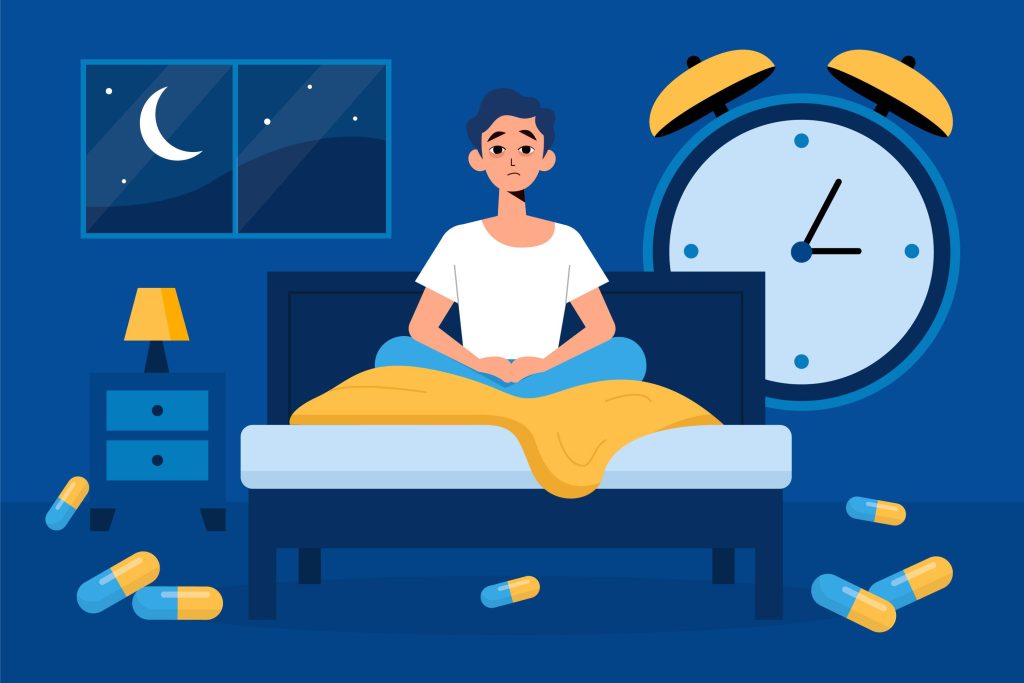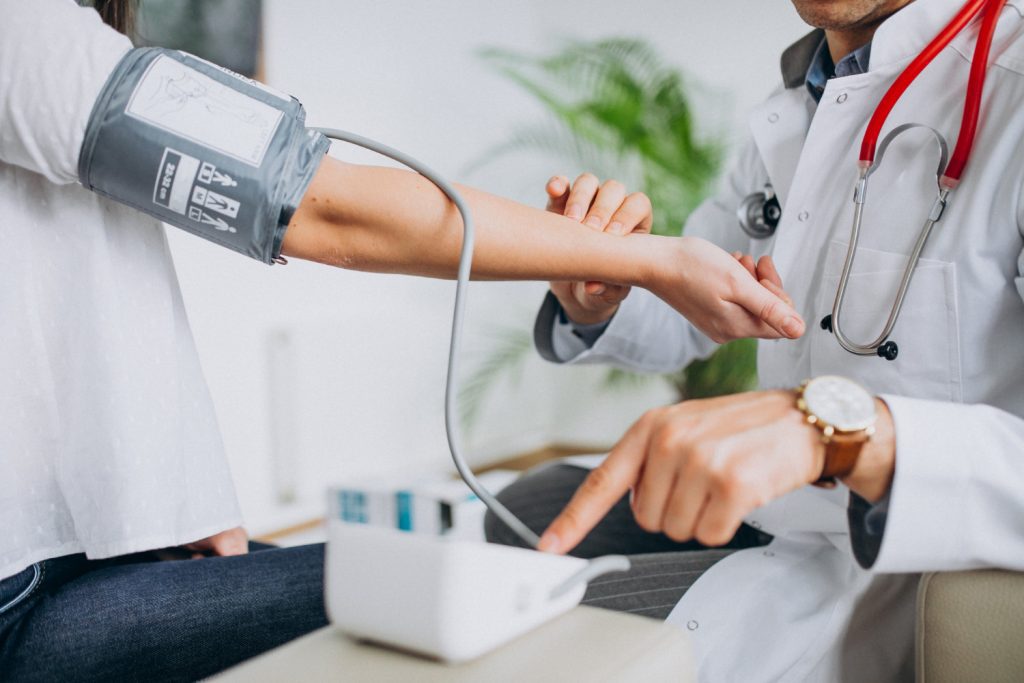Today in the digital era, with screens closing almost around the corner from smartphones to tablets to laptops to TVs. On the one hand, these devices overwhelm users with a variety of fun and information, but on the other – increasing anxiety about possible screen-time overuse of mental health consequences is increasing rapidly.
Screentime, or the number of hours spent in front of screens , like smartphones, tablets and laptops have been converting into a big part of our daily lives. Although screens provide entertainment and repleting information, spending time unnecessarily on screen might be mentally harmful.
Jointly, an excess of the screen time can influence our mental health through disrupting the sleep cycle.Studies have shown that a sleep disturber is called blue light which is emitted from screens and can disrupt the body’s melatonin production which regulates sleep. Lack of appropriate rest, however, can result in being testy, anxious, and depressive. Use our AI to write for you about humanizing the given sentence. It is fast and accurate.
Isolation remains another negative consequence of excessive screen-time days. The time spent on screen may interfere with face-to-face contacts. These connections are very important while caring about mental health. Consequently, there may arise an emptiness and distance that cause desolation and anxiety as these negative feelings.
Further, high exposure on the screens increases a sedentary lifestyle that has been mentally unhealthy. Evidence shows the positive effects of movement including increase in the levels of endorphins which are natural opioids that target the pain occurrence and feelings of happiness. Whether it’s the absence of physical exercise because of too much screen time or the feeling of tiredness that sets in, it can bring on low mood.
The Impact of Screen Time on Mental Health
1. Sleep Disruption
A problem is in the use of screens before one goes to bed. This disturbs sleep, and we find ourselves sleepy, unable to sleep during the day. Insufficient sleep will often make people who are feeling this way more anxious and depressed.
2. Social Isolation
Extended screen time not only can borrow time from the real-life meeting but also make one felt lonely or isolated from others. Important in this case is social support which boasts mental health for the people.
3. Comparison and FOMO
Social media often shows false and exaggerated impression of life, making it more difficult for normal people to live up to. This can be the reason for problems with anxiety, depression and suboptimal self-esteem.
4. Less Physical Activity
Excessive screen time may contribute to more sedentary lifestyles and may represent the decrease in the opportunities for exercise. The brain of man produces endorphins( feel-good chemical) that is activated by exercise, thus, physical activity is essential for one’s mental health.

The Relationship between the Mental Health and Screen Time
Coping Mechanism
Other, a screen time extent it is only done in name of emotion like stress, anxiety or depressions coping.Attractions screens can serve as means of sheltering moods by watching entertaining content, especially when getting upset.
Avoidance Behavior
Screen can be very handy for people with mental manipulation issues; it helps them, timely retreat from problems they don’t want to deal with or hurt emotions that bother them. This may encourage continuous screen uses and poorer mental health state.
Symptom Magnification
For example, ADHD can be found among people with mental health disorders and this leads touncontrollable screen time. Impulsivity and diving deep into topics or unhealthy activities inhabits much of the online world.
Striking a Balance: How to reduce your screen time?
1. Set Limits
Cut down on TV consumption and, if possible, avoid watching anything before you go to sleep at night.Establish zones without electronic devices in the house.
2. Take Breaks
Make sure to pause often for screen breaks and eye relaxation exercises unrelated to the given activities.
3. Focus on Real-Life Connections
Push your relationships personal and motivated by face-to-face activities leaving the screens behind you.
4. Keeping an Eye on How Much Time You Spend Glued to It.
Remember to consider the impact that screen time has on your mental health and make adjustments accordingly. Make an Example of: The Invasion of Privacy on Social Media: A Dangerous Disruption
To sum up, screens have become an inseparable part of our lives, but spending a fair amount of time behind the TV, laptop or phone screen is worth considering.
By striving towards maintaining the screen time and our mental well-being harmony, we can fence our mental health in the digital era.






